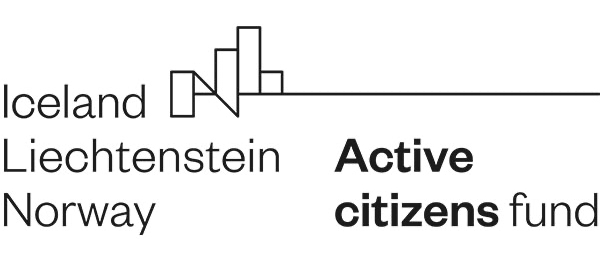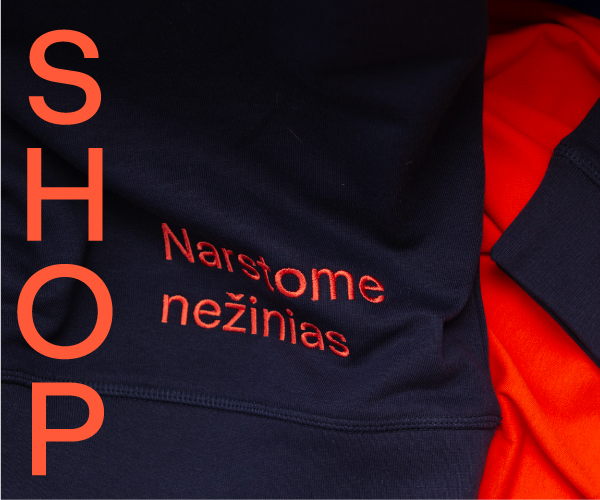This audio documentary has been nominated for PRIX EUROPA 2022 in the Radio Documentary category. Listen to it by pressing the PLAY button on the player.
Maya is a student of political science and international relations. She was born in Donetsk. “I saw my future there. I have never thought that I’ll move from this city because it had a good perspective. My parents were building places to live for me, for my brother. My childhood was pretty amazing.”
In 2014, when the war in Eastern Ukraine began, Maya with her family fled to Dnipro for a year, then to Kyiv. “My parents told me that it's just gonna be for two weeks. 'Think of it as a holiday because you have to go to school, we cannot disrupt your routine.' We went for a holiday and we never came back.”
Now Maya lives in Istanbul but her family is still in Kyiv and faces war again. “They are feeling afraid and useless.”
In Istanbul Maya is volunteering in a humanitarian aid organization. In a warehouse she is loading boxes full of aid to the trucks to Ukraine. She says it’s the only thing she can do now. “I really need to do this because whenever I'm sitting at home, I'm reading the news, getting upset and crying.”
“What is ironic, I always thought about Luhansk as probably the most peaceful place and I couldn't imagine any war starting there,” says Kyrylo, a researcher in political sociology, who was born in Luhansk.
Now he lives in Kyiv. He spends his days in his apartment and nights in the shelter. “Generally speaking I'm ok, I'm safe, but mentally I'm not very ok because all of us are tired. During the first days you get some burst of energy and then you are slowly losing it.”
There are thousands of people who are sheltering in metro stations in Kyiv. A communication specialist Vlada spent few nights there when the war just started.
Vlada decided to escape from Kyiv. She and her friend made a last-minute decision to head west. They reached the train going to Lviv. But there was free space only in some of its carriages.
“A train conductor said that we should run to the end of the platform to manage to get into the train. It's around 400 meters. And we were just running from the start of the train to the end. I think it was the scariest thing that I've been through – not bombing, not shooting. The scariest thing is that you can lose the opportunity to be safe.”
They succeeded. They hopped on a train and safely reached Lviv – a destination for many Ukrainians looking for refuge in their own country.
Vlada's hometown is Kherson, a city in the south of Ukraine near the Crimean Peninsula which was annexed by Russia in 2014. Now it is the first major city captured by Russian forces. Barricaded inside of their house in the city center, her mom and younger sister are still there. “They put mattresses, pillows in front of the windows to stop the bullets.”
There is a humanitarian crisis in Kherson because the green corridor for humanitarian aid is still not open. “It's really exhausting because you are safe but you don't know what you can do to help your relatives there. You can't help them at all. You can't even put them outside of the city because it's really dangerous.”
-
Friend €5 mo.
We will mention your name in a new episode of the NARA podcast and invite you to a closed NARA community Facebook group. We want to create a safe space for communication.
-
Penpal €10 mo.
We will send you a postcard with a photo taken by NARA photographers and a thank you note.
(+) everything listed above. -
Advisor €30 mo.
We want to meet you, in person or online, and discuss journalism or another topic that is interesting to both us and you. We are ready to listen to your advice.
(+) all of the above -
Patron €100 mo.
We will send you a large-format print of your choice from the NARA photo collection and thank you in every podcast episode. May your contribution be seen.
(+) all of the above















